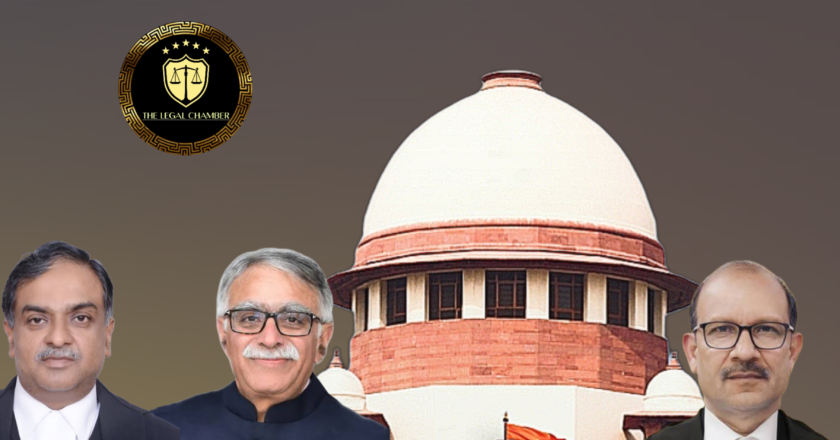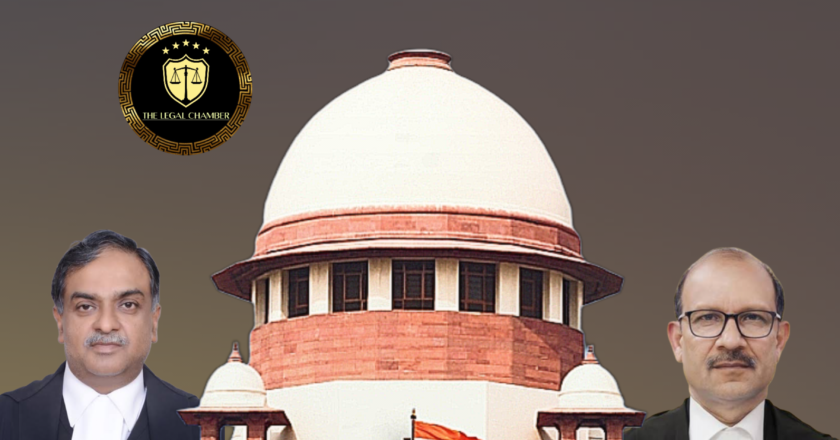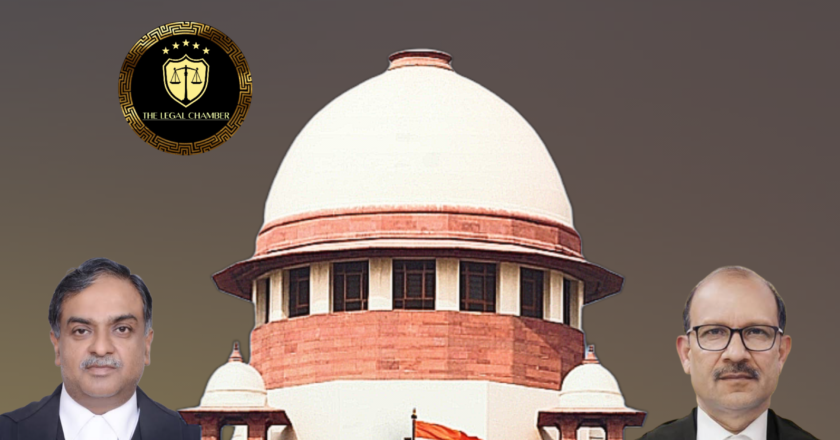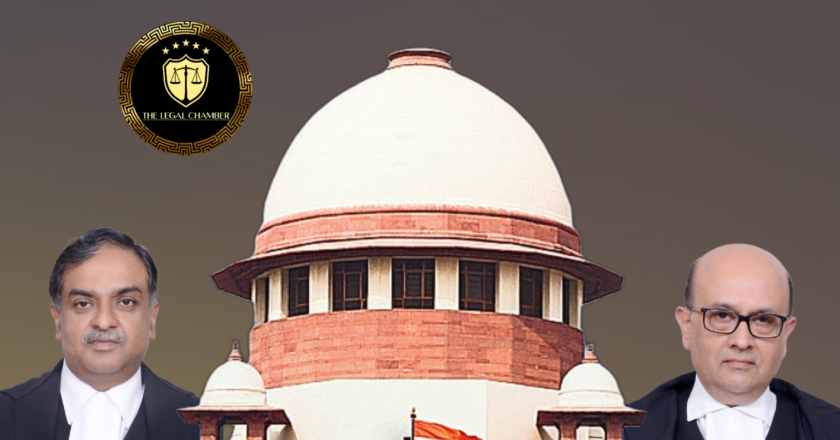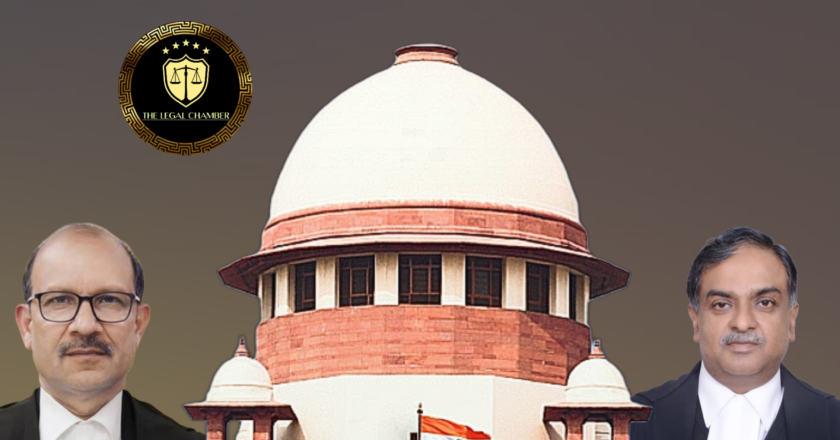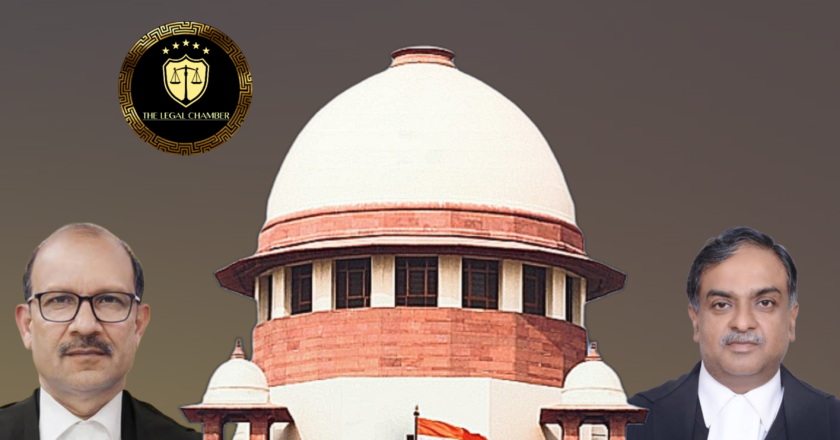Supreme Court How Contradictory Witness Testimonies Saved a Man from the Death Penalty
The Supreme Court acquitted the appellant, overturning his death sentence, due to glaring inconsistencies in eyewitness testimonies (PW1, PW2) and lack of corroborative evidence. The prosecution failed to prove guilt beyond reasonable doubt, as recoveries were unreliable, forensic links were absent, and material contradictions undermined the case. The Court emphasized strict adherence to evidentiary standards in capital offenses.
Facts Of The Case:
The case involves the brutal murder of four family members—Seema Rani (the appellant’s wife), Reena Rani (sister-in-law), and two minor children, Sumani Kumari (3-4 years) and Harsh (1.5-2 years)—along with injuries to two others, Harry (5 years) and Om Prakash (18 years). The incident occurred on November 29, 2013, in the early morning at the...
